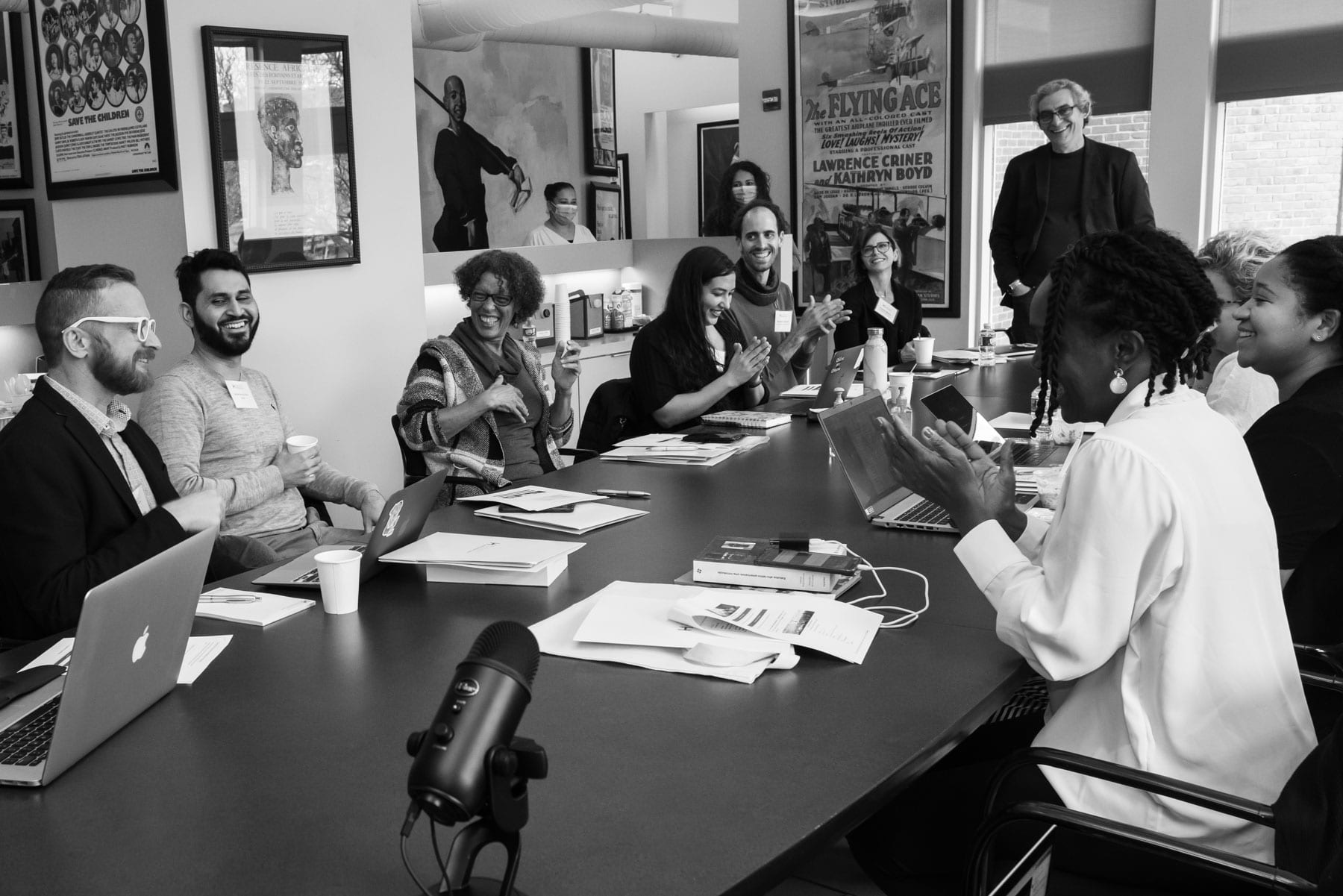Thursday May 9th, 2024 (4:30-6:00pm Boston | 10:30pm Madrid)
In Person (Observatorio) and via Zoom
RSVP: RSVPObservatorio or info-observatory@fas.harvard.edu
Slavery in North America is an obscure chapter of history that is still being unraveled. In this session, two perspectives of this complex topic will enter into dialogue inviting us to reevaluate the geographical and historiographical boundaries of its study. Javier Cancio-Donlebún will offer his insight into the application of the Spanish slavery system in 16th-century La Florida, where the arrival of two contingents of slaves from the King of Spain marked the institutional beginning of slavery in the current territory of the United States of America. For her part, Beatriz Carolina Peña will connect Spanish and English privateers of the 18th century in the Greater Caribbean and along the North American coasts with the unfortunate phenomenon of enslavement of Afro-descendant and indigenous sailors from Spanish territories in the British colonies. Her presentation will focus on group escape attempts as one of the strategies employed by enslaved Spanish speakers to achieve freedom. The panel will be moderated by Noga Marmor, a PhD student in the Department of History at Harvard University and specialized in slavery.
This event is organized in collaboration with the Observatorio Cervantes at Harvard University.
Javier Cancio-Donlebún is a member of the Real Instituto de Estudios Asturianos (RIDEA) [Royal Institute of Asturian Studies] and its History Committee; as well as a member of the Asociación de Estudios Americanos del Principado de Asturias [American Studies Association of the Principality of Asturias, Spain], and of the Academic Committee for the project The Interactive Digital Archive of the Americas (University of South Florida). The geographical and historical framework of his presentation is Spanish La Florida in the 16th and 17th centuries, a topic he has explored in various publications; among them we can mention his monograph “The King of Spain’s Slaves in St. Augustine, Florida (1580–1618),” published in 2021 in Estudios del Observatorio / Observatorio Studies (Instituto Cervantes at Harvard University), which received the William L. Proctor Award by Flagler College (St. Augustine, USA) in 2022.
Beatriz Carolina Peña is Full Professor at Queens College (The City University of New York) and an expert in Colonial Studies. She has published her work in specialized journals and volumes; we can mention her book Imágenes contra el olvido: el Perú colonial en las ilustraciones de fray Diego de Ocaña (2011), which received the Silvio Zavala Award for Colonial History in the Americas and the Alfredo Roggiano Award for Latin American Literary and Cultural Criticism. Additionally, her work 26 años de esclavitud: Juan Miranda y otros negros españoles en la Nueva York colonial (2021) was recognized with the 2023 Willi Paul Adams Award from the Organization of American Historians, along with three other distinctions at the 24th International Latino Book Awards (2022). Her most recent publication is Manuel Jala: un afrocampechano ataca la esclavitud en la Boston colonial (2024).
Language: Spanish

